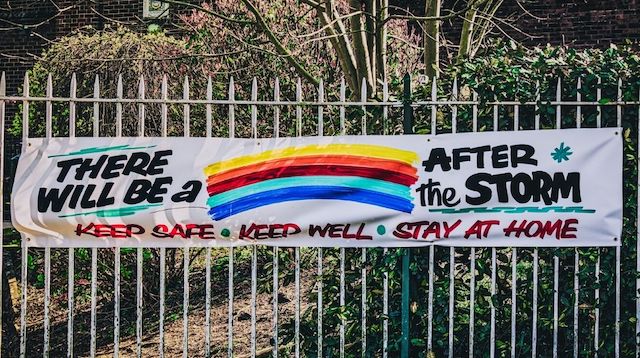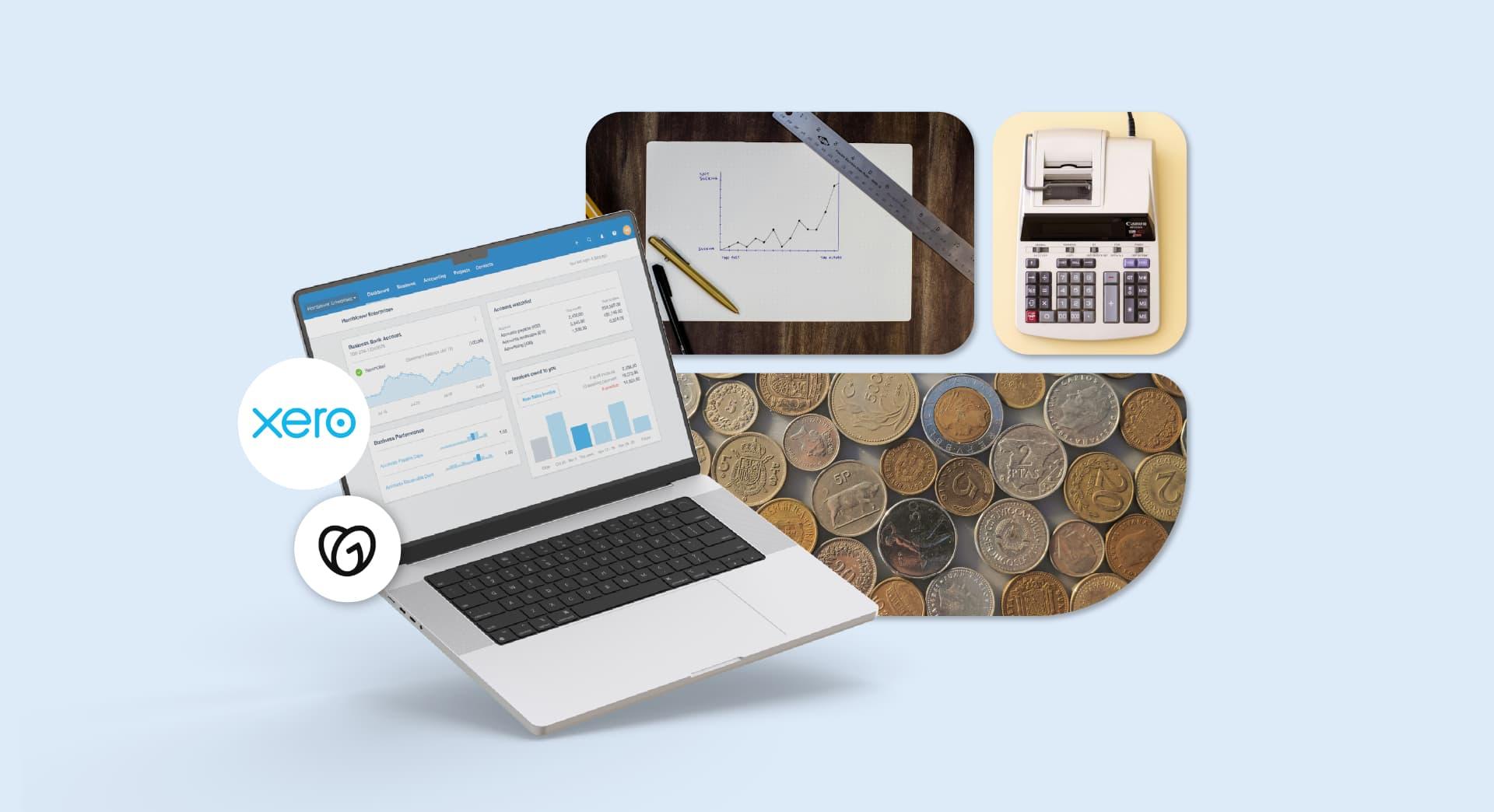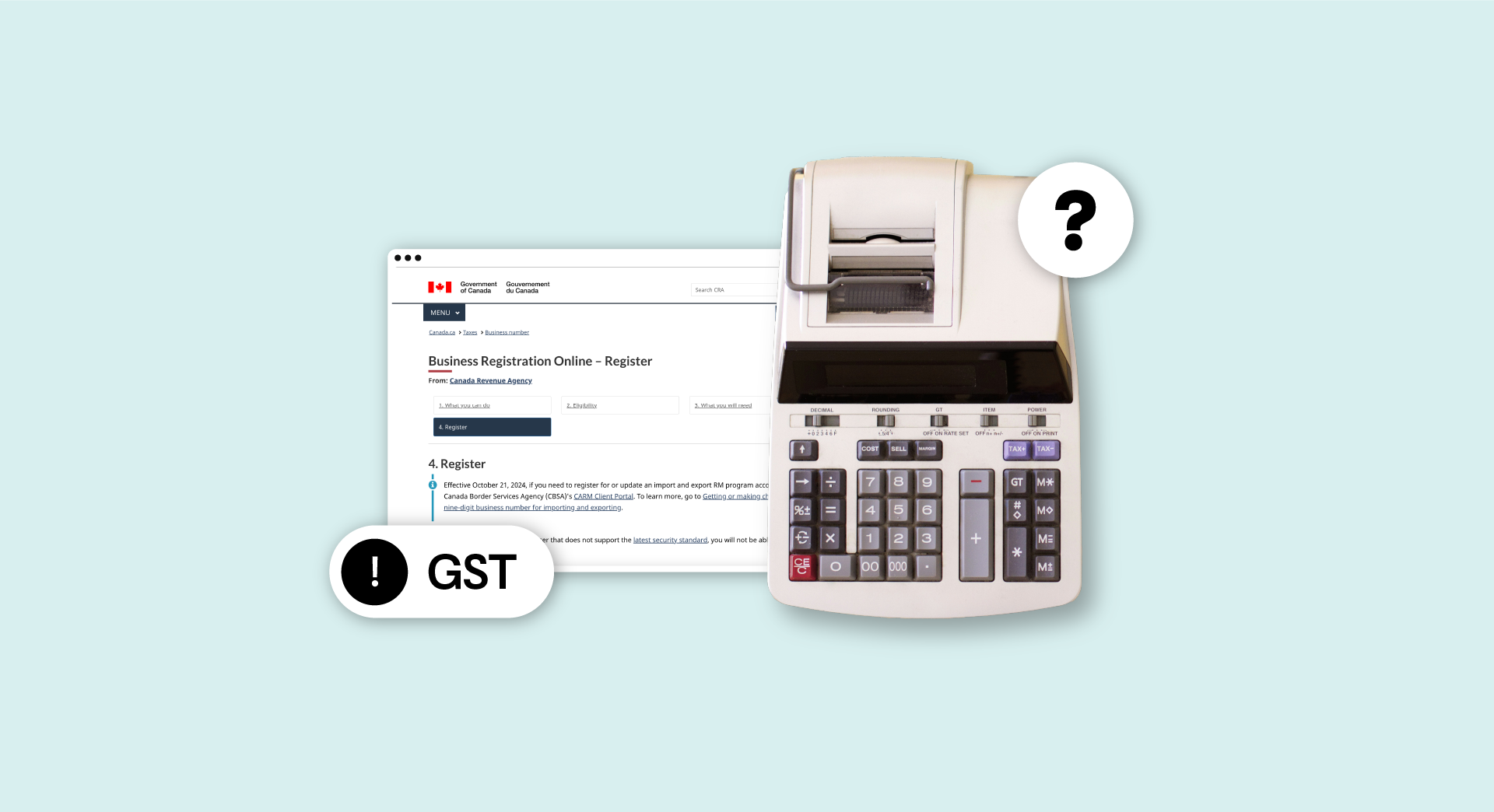Businesses across the country are struggling to make ends meet, so they’re looking for federal funding to help them weather these turbulent times. The problem is that many of the funding opportunities available to businesses right now come at a price — literally.
Programs like the Business Credit Availability Program (BCAP), Export Development Canada (EDC) and the Canada Emergency Business Account (CEBA) are offering business owners loans to replenish cash flow and keep operations up and running.
Loans need to be repaid, which means owners will have temporary relief before facing another financial burden.
Unlike loans, government grants don’t need to be repaid.
Find out what grants are currently available for your business so that you can avoid issues like outstanding debts and accruing interest.
Related: 10 tactics to adapt your business for social distancing
COVID-19 government grants
COVID-19 has sent shockwaves through the Canadian economy. To help big and small businesses recover from the unprecedented blow, the federal government has laid out different opportunities for financial support. Here are four grants designed to support businesses affected by COVID-19:
- Northern Business Relief Fund.
- Fish Harvester Grant.
- Temporary Childcare Services Grant (Manitoba).
- NGen Manufacturing Grant.
After we explain the COVID-related grants, we’ll list five other grants that are also available to small businesses that qualify.

Photo: MILKOVÍ on Unsplash
1. Northern Business Relief Fund
The Northern Business Relief Fund is offering non-repayable grants ranging between $2,500 and $100,000 for a maximum of four months
This fund prioritizes businesses with 20 employees or fewer.
The grants are designed to cover operational costs for small and medium ventures in the territories that are struggling because of COVID-19.
2. Fish Harvester Grant
The federal government has recently announced the launch of the Fish Harvester Grant to help fish harvesters who are affected by COVID-19 or are ineligible for other emergency government funding.
The program includes funding up to $10,000 for self-employed harvesters.
3. Temporary Childcare Services Grant (Manitoba)
Schools, daycares and other childcare centers are closed because of COVID-19. This has forced early childhood educators to work from home. The Temporary Child Care Services Grant offers up to $3,000 to help them with this transition. It is only available in the province of Manitoba.
4. NGen Manufacturing Grant

Next Generation Manufacturing Canada has launched Canada’s Advanced Manufacturing Supercluster to encourage businesses to respond to problems caused by COVID-19. The grant covers 50 to 100% of the project funds.
This grant exists to help innovators develop and manufacture essential protective, medical and therapeutic products/equipment.
Related: Keeping employee motivation high in times of stress
Other business grants
You’re not limited to grants that are solely designed for COVID-19 right now. There are plenty of grant programs in effect that can help you cover the expenses of research and development, hiring or training staff, expansion and more.
Depending on where your business is located, here are some grants that could be useful:
- Small Business Support Program (Nunavut): up to $5,000 in short-term support for small and medium enterprises (SMEs).
- New Ventures BC (British Columbia): up to $10,000 per year to hire a student between this date and April 30th, 2021.
- CanExport SMEs: up to $75,000 in funding for international market development.
- Accessible Digital Books: up to 75% of eligible costs covered to support projects integrating accessible publishing features.
- Climate Change Challenge Fund (Newfoundland and Labrador): a minimum of $50,000 for businesses to reduce greenhouse gas emissions.
There are lots of other grant opportunities out there, depending on your region, job sector and project goals.
Find more options for business grants and funding opportunities across Canada here.
Do your research. You’re bound to find a program that you’re eligible for.
Don’t forget local sources
Remember to look at what your local government is offering, too. Local governments around the country are boosting their support for SMEs heavily impacted by COVID-19 to ensure that their local economies remain strong.
For instance, the City of Toronto is offering businesses emergency funding, arts/culture grants, and initiatives to make operating under social distancing measures easier.
Explore your local government’s website to see what types of non-repayable support is currently available to you.
What if you need a loan?
Even if you apply for a loan, you still want to apply for emergency financing through the Government of Canada.
Maybe you’re worried that the grant application process will take too long. Maybe your cash flow is so unstable that you’d rather have the loan now and think about the consequences later.
If you need to apply for these loans — or if you already have — you should do several things to make the repayment process easier:
Keep applying for grants
Receiving a loan should not encourage you to give up on grant applications. You should still apply for as many programs as possible. Getting no-strings-attached funding will make it much easier to achieve your goals without using your loan funds.
Plan for loan repayment
It may sound extreme, but the moment that you receive your loan financing is the moment that you should start planning out your repayment strategy. You don’t want to forget about the problem and then realize that you’re not prepared when the deadlines arrive.
Modify your budget so you can start saving for repayments as soon as possible.
Being proactive with your repayment strategy can work out in your favour. If you’ve applied for a Canada Emergency Business Account (CEBA) loan, you can receive up to $10,000 in loan forgiveness when you repay the balance on or before December 31st, 2022.
Struggling? Get professional help

If you usually struggle with debt repayment, you might want to approach a licensed insolvency trustee firm for help. Most offer credit counselling services to help clients improve their financial stability.
If you’re drowning in loan repayments and you don’t have the funds to stay afloat, you can always go to a trustee to get you through this crisis. They can guide you through debt relief options like Division 1 Proposals or Corporate Bankruptcy filings, depending on your state of insolvency.
Going to a professional will make your financial recovery much faster and smoother than attempting it on your own.
Loans aren’t the only route to get the financial help that your business needs to survive rough economic times. As an owner, you can apply for work-sharing programs, wage subsidies and tax credits to save money. And as discussed here, you can apply for grants to get access to significant funding without having to think about repayment.
The information contained in this blog post is provided for informational purposes only, and should not be construed as an endorsement or advice from GoDaddy on any subject matter.






